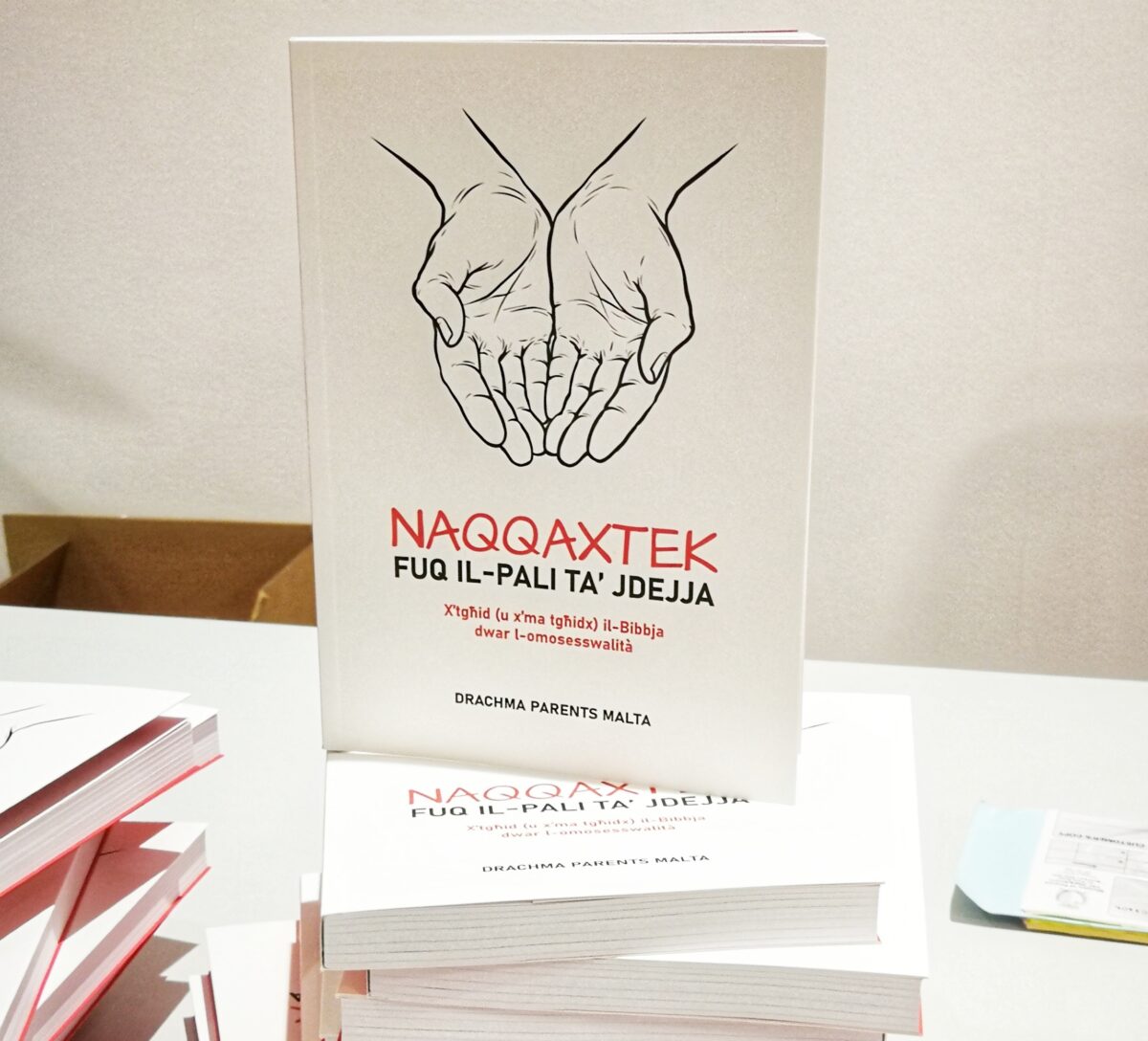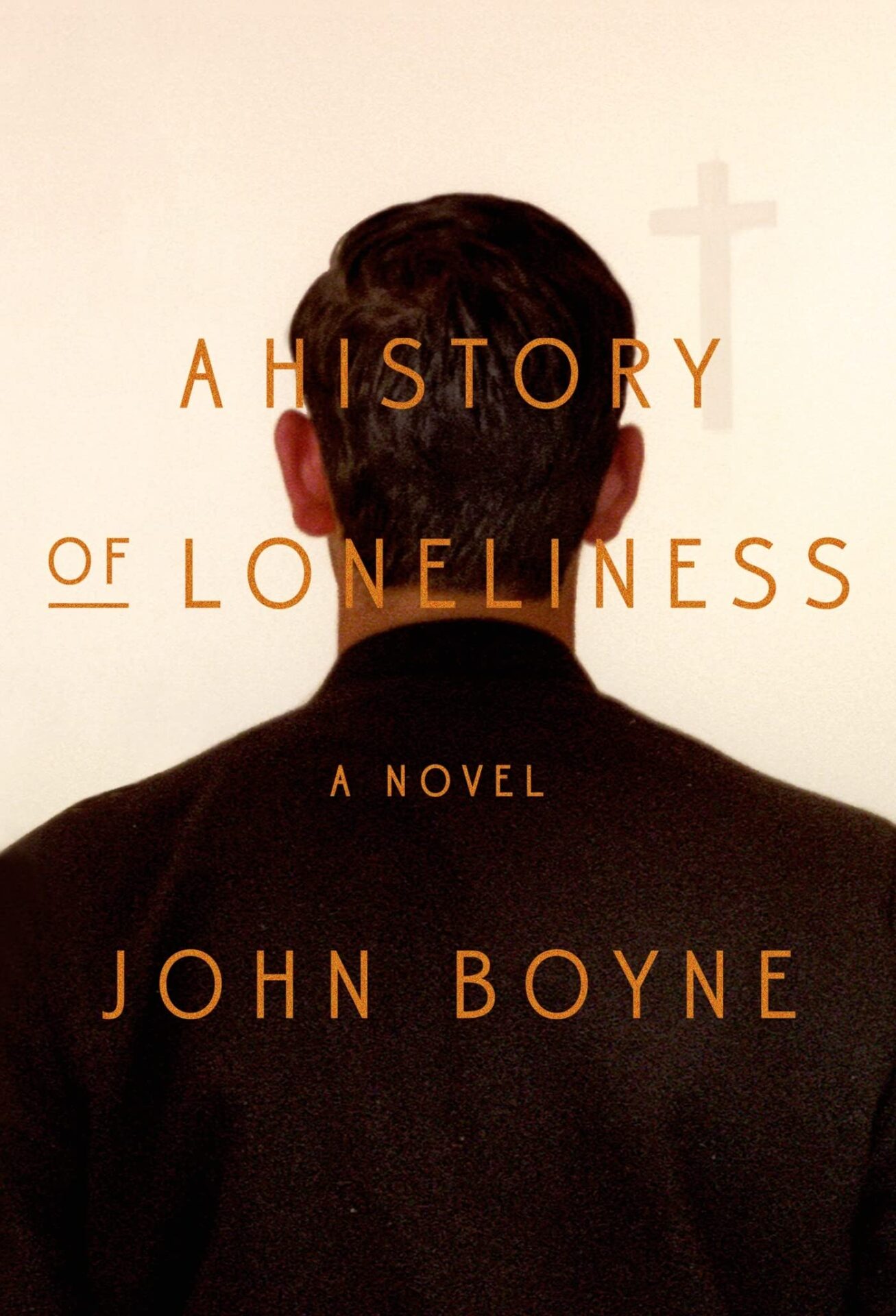The experience of loneliness is as universal as hunger or thirst. Its fear causes anguish. The fundamental statement of Christianity is to convict us that we are not alone and light can pierce our darkness.
Erik Varden, born in Norway in 1974, became a Trappist monk in 2002, after ten years at the University of Cambridge. In 2019 Pope Francis named him bishop of Trondheim, Norway. Before converting to Catholicism, Varden describes himself as a baptized agnostic. “Christianity appeared to [him] a wishful flight away from the inner drama [he] was trying to negotiate, which was full of ambivalence, far distant from the studied certainties of preachers”.
Everything changed for him when, at the age of 16, he was listening to Mahler’s Second Symphony, The Resurrection. His consciousness changed and “I knew I carried something within me that reached beyond the limits of me. I was aware of not being alone.” He asks “What had happened? …. I had remembered. In a privileged insight, provoked by the music, I had found my deep intuitions confirmed.” Mahler made him sense “that one can face life without yielding to despondency or madness, since the anguish of the world is embraced by an infinite benevolence investing it with purpose. Having encountered – recalled – this benevolence, I recognized it as a personal presence.”
In this book Varden leads us through what he calls an “apprenticeship of remembrance”. “To speak of remembrance is to speak of identity. We remember what we have been, what has made us who we are. At the same time, we become what we remember. Our remembering is never confined to just experience, ….. To … really remember, is to slip our moorings and set sail on the open sea, with all that entails of peril and exhilaration.”
“The Christian proposition dawned on me from within, resonant with the vibrations of my mind and soul, even of my body. It revealed my longing to me.” In the Church he “discovered an environment that embraced my contradictions without compromising truth.” “The Church became for me an inspirer of remembrance. It permitted me to read my banal, sometimes squalid life into a narrative of redemption that not only reaches back to time’s beginning but remembers forwards, into eternity.”
In order to chronicle his apprenticeship of remembrance Varden proposes what he calls six “biblical commandments to remember”, commandments which to him, in his experience, were “beacons to navigate by” and helped him make remembrance of his, and our own, nature: “Remember you are dust” .. “with nostalgia for glory” . “Remember you were a slave in Egypt” and were saved. “Remember Lot’s wife” who looked back in pain and lost her life. “Do this in memory of me” putting “before us a new way of being human: Christ’s way, which we are told to make our own”. “The Counsellor will call everything to mind” for on our own we will not have awareness of ourselves. Lastly “Beware lest you forget the Lord” for He is who corresponds to our deepest longing: “ The gospel does not obliterate our longing. It validates it, assuring us that what we long for is real and substantial.”
This book speaks to all of us about us.


